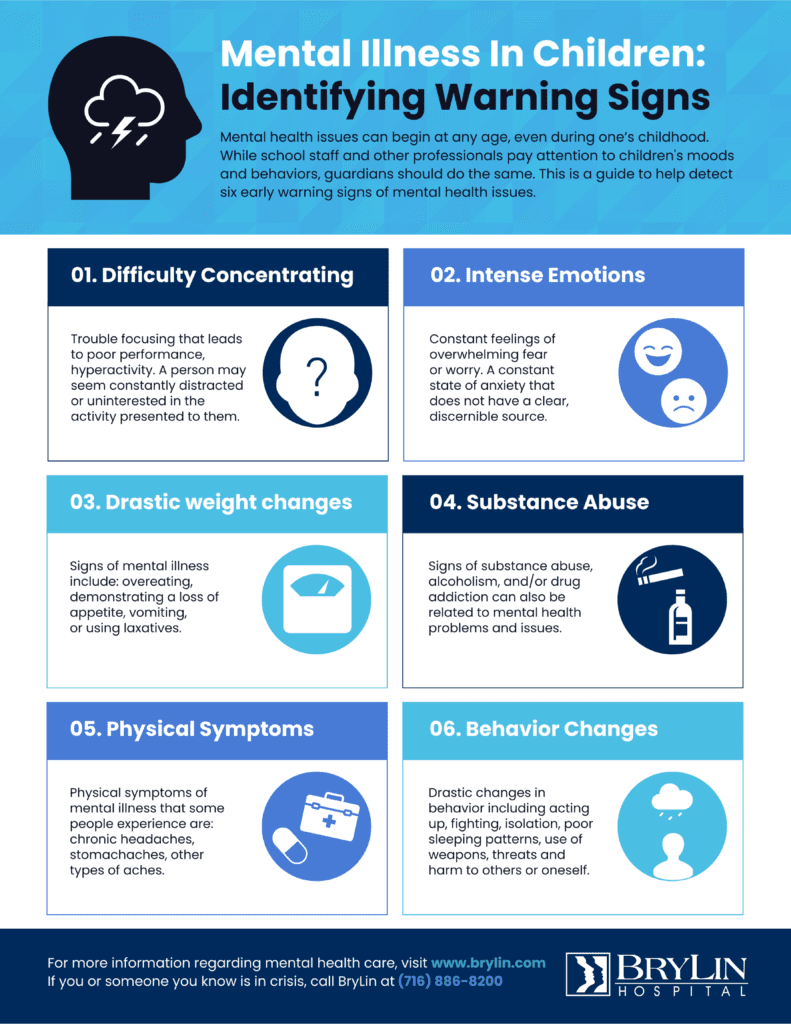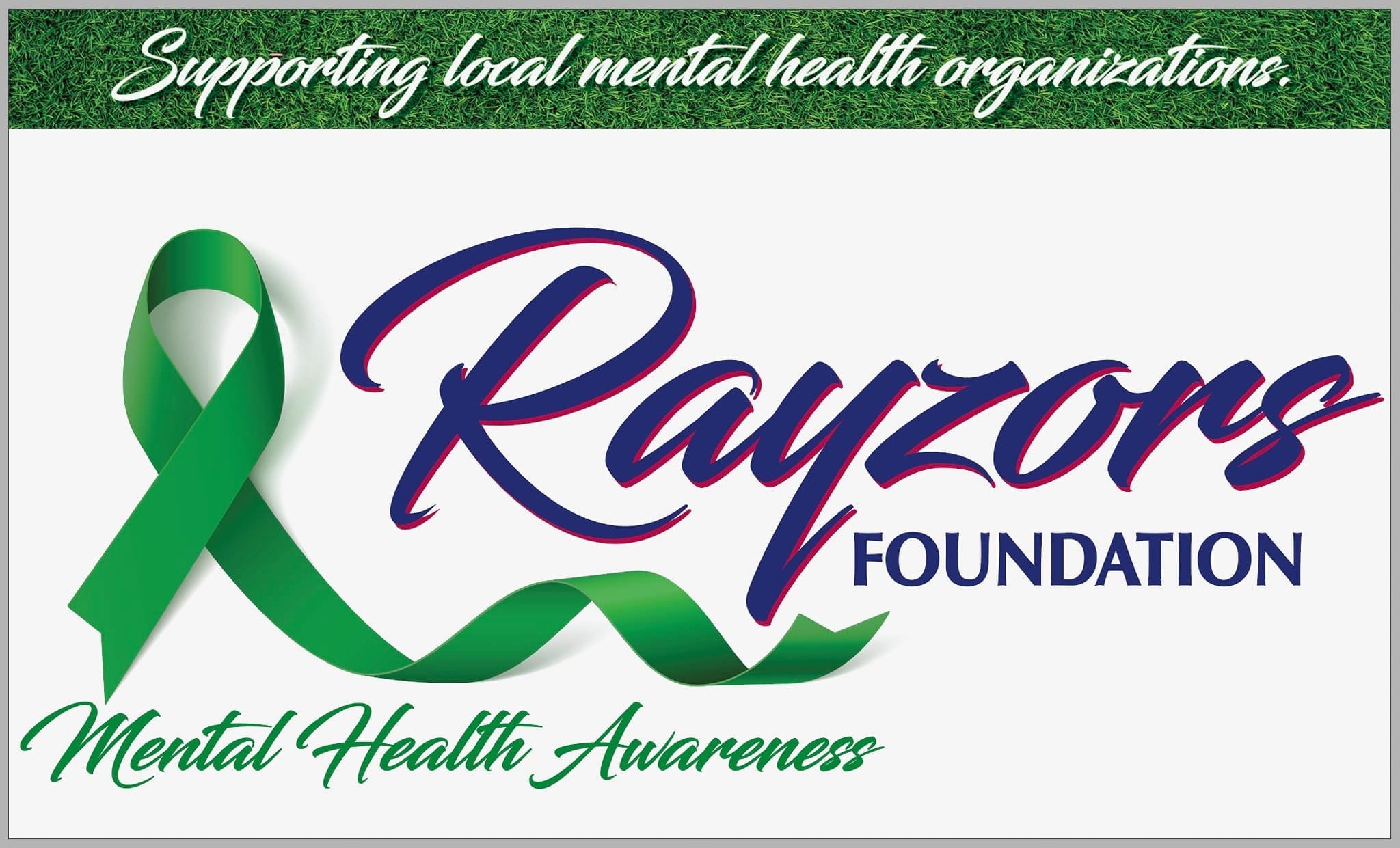
As the dawn of another school year approaches, the task of identifying potential mental health concerns in children emerges as a significant endeavor for children’s mental wellness. However, the ability to tune into subtle warning signs can wield a profound impact. Just as children are susceptible to grappling with mental health conditions akin to adults, the manifestations of these concerns may exhibit distinct characteristics. Equipping oneself with an awareness of these markers and mastering the art of providing essential support paves the way for profound transformations.
Responding to Suspected Mental Health Conditions in Your Child – Steps to Take
Should concerns about your child’s mental well-being arise, seeking guidance from their healthcare provider is paramount. Articulate the behaviors that have drawn your attention and engage in dialogues with your child’s teacher, close friends, relatives, or caregivers to gain insights into any shifts in their demeanor. Sharing this invaluable information with your child’s healthcare provider fosters a comprehensive understanding.
Recognizing Warning Signs and Deciphering the Need for Professional Assistance
Familiarizing yourself with warning signs acts as a compass, helping you determine whether professional intervention is warranted. The treatment landscape for mental health conditions is nuanced, contingent upon the severity of diagnosis and the individual’s circumstances. A spectrum of resources, including medication management and psychotherapy, awaits exploration. Delve into research to discover these avenues and initiate discussions with your physician to chart potential routes for treatment.
Bear in mind, if you suspect that your child may be grappling with depression, anxiety, or any other mental health ailment, know that you are not alone on this journey. Help is within reach, and akin to conditions such as diabetes or heart disease, a child’s mental health condition can be effectively managed.
In more acute scenarios, especially when your child faces crisis or displays thoughts of self-harm or suicide, swift action is imperative. Seek support promptly. Reach out to your local crisis services provider, a mental health specialist, or your primary care physician for immediate assistance.
For expedited access to evidence-based, short-term crisis stabilization, you can confidentially connect with a mental health professional by reaching out to the admissions department at BryLin Hospital via 716-886-8200 ext. 2264. Further information is available at www.brylin.com.
With HELP, There’s HOPE.
# # #
BryLin Hospital
⇒ Home
⇒ Inpatient Crisis Mental Health Care for Children and Adolescents
⇒ Inpatient Crisis Mental Health Care for Adults
⇒ Electroconvulsive Therapy Program for Adults




Comments are closed